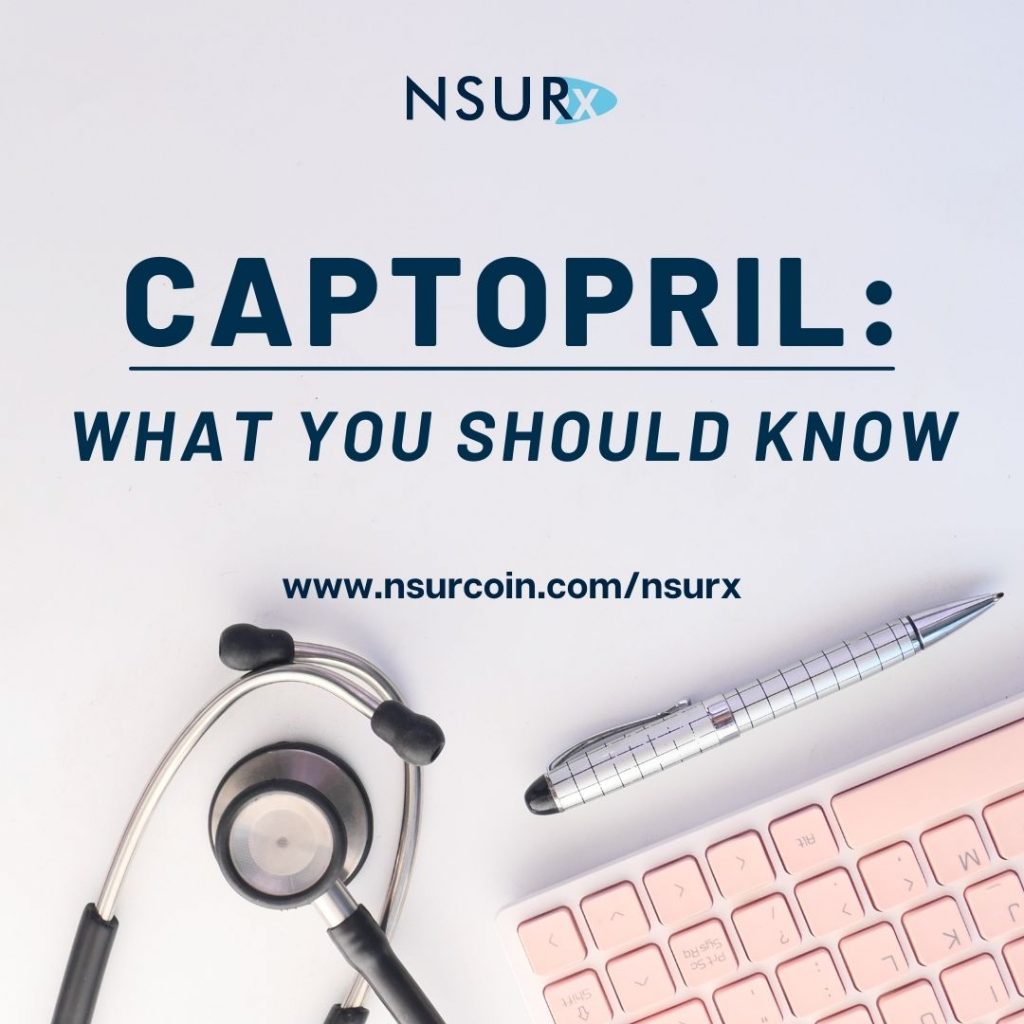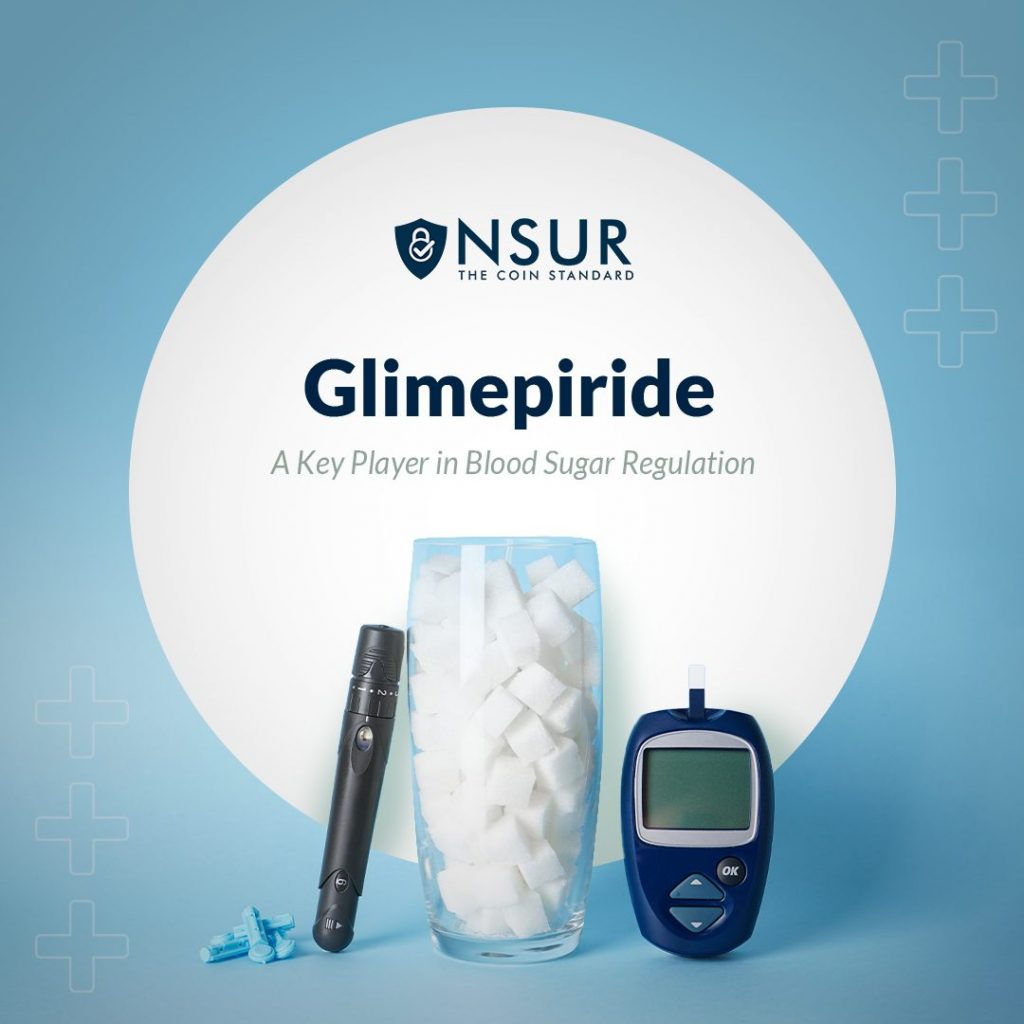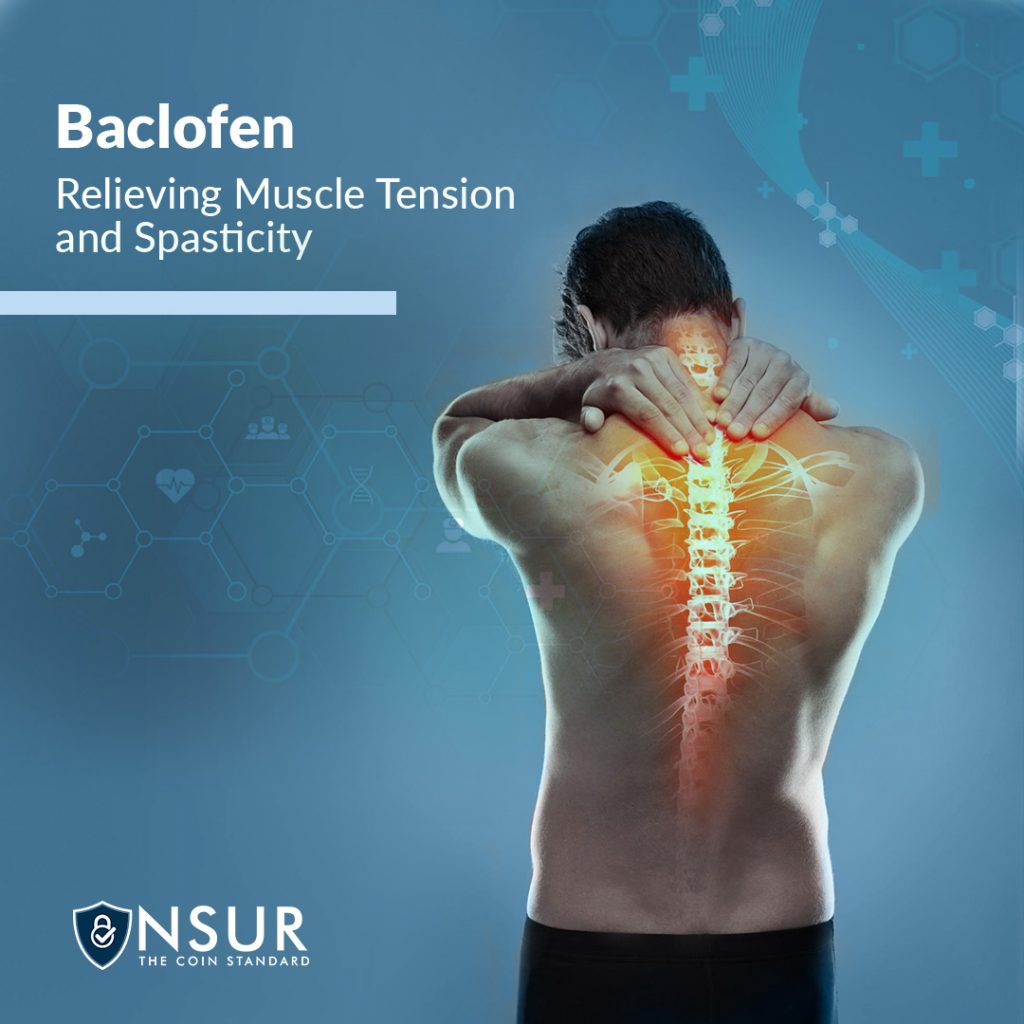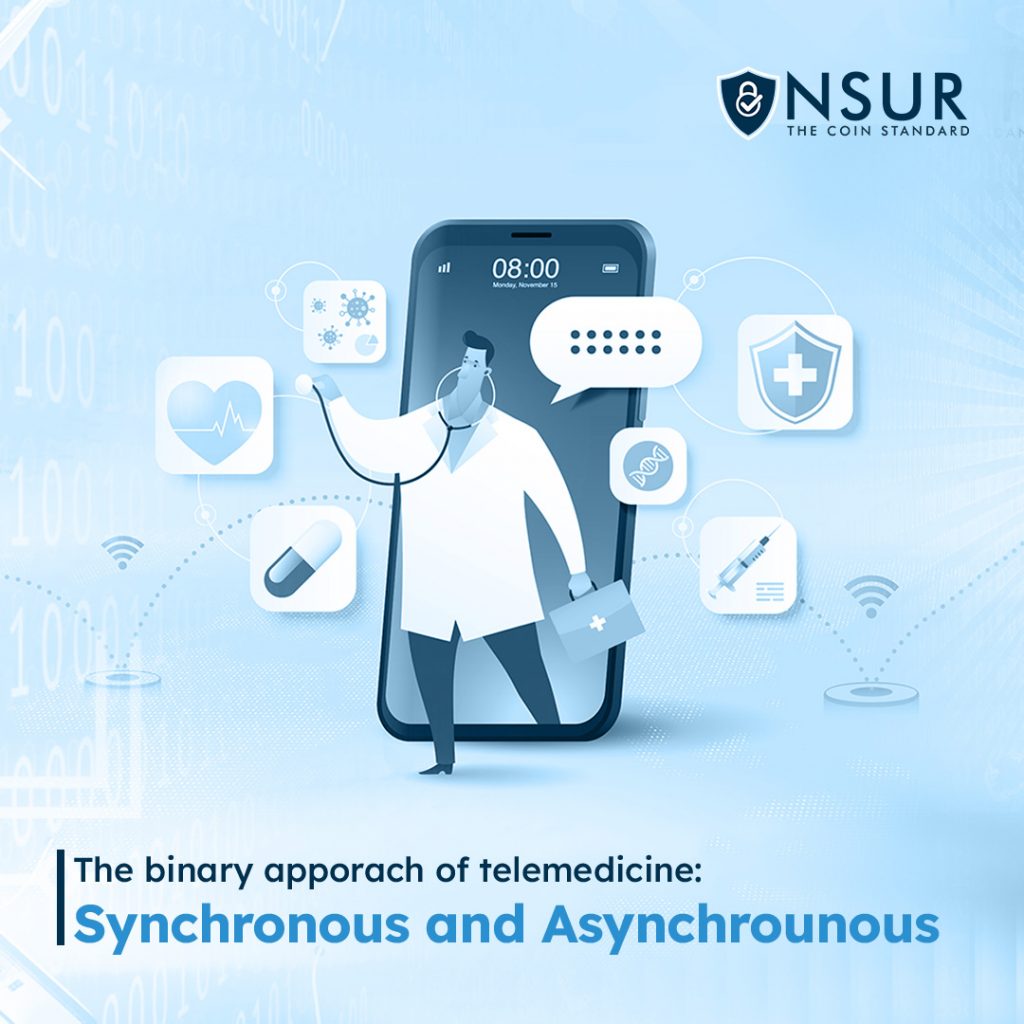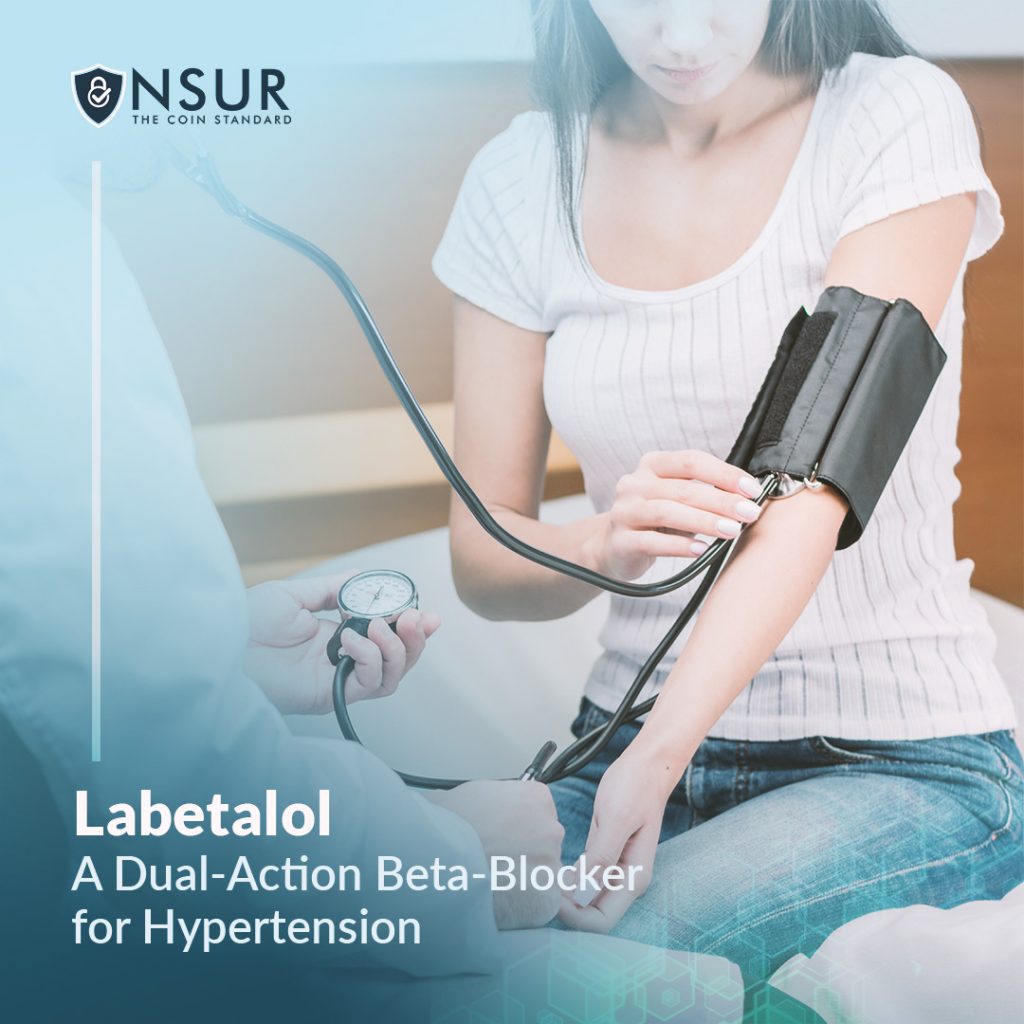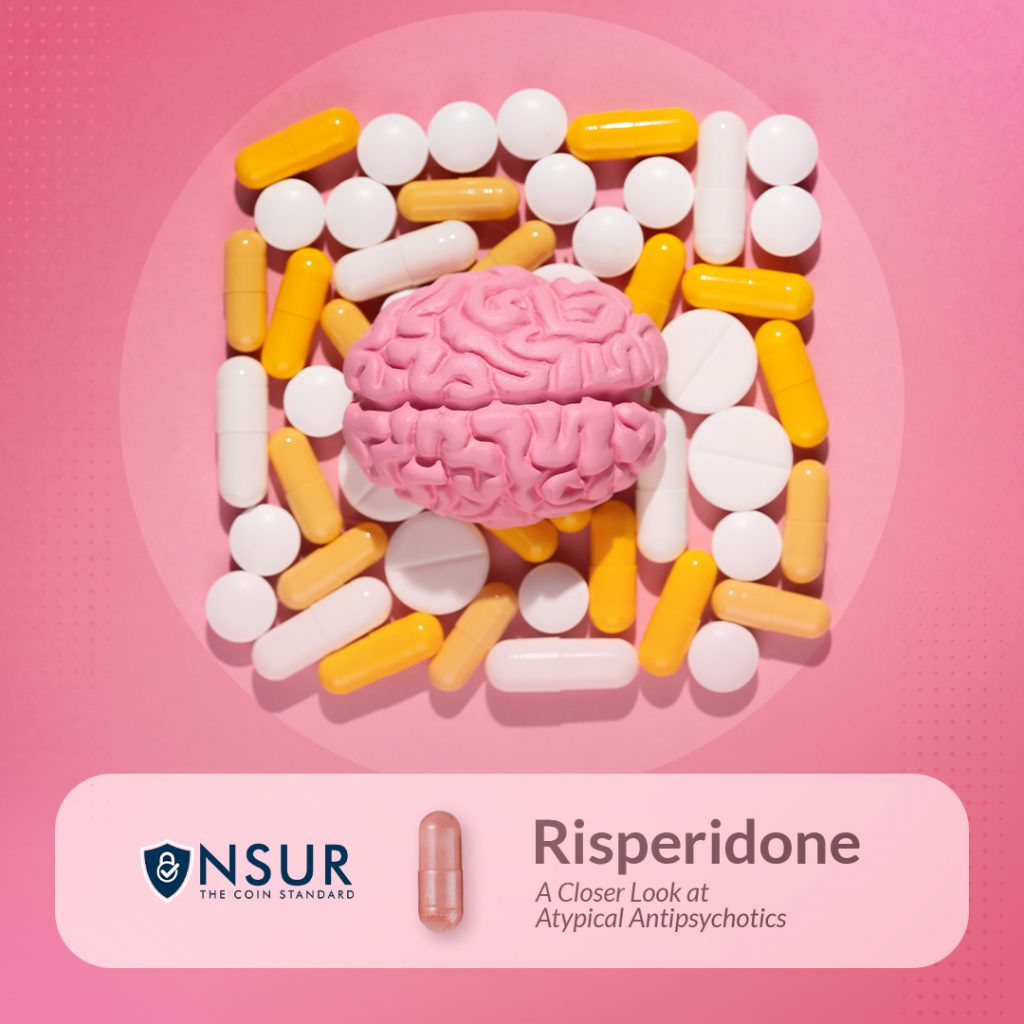
Antipsychotic medications have undergone significant transformation since their inception. From first-generation antipsychotics, which were largely seen as blunt instruments with numerous side effects, we have evolved to newer generations that offer more targeted symptom relief with comparatively fewer adverse effects. One such drug leading the charge is Risperidone, which belongs to a class of drugs known as atypical antipsychotics.
What is Risperidone?
Risperidone is a medication primarily used to treat the symptoms of schizophrenia, bipolar disorder, and irritability in people with autism. It works by modulating the activity of certain neurotransmitters in the brain, such as dopamine and serotonin. These neurotransmitters are often imbalanced in people with these disorders, leading to the hallmark symptoms of psychosis, mania, or severe irritability. By restoring a more normal balance, Risperidone can provide symptom relief.
How is Risperidone Different from Typical Antipsychotics?
Typical antipsychotics, also known as first-generation antipsychotics, have been around since the 1950s. While they’ve been effective in treating symptoms, they come with a substantial risk of side effects, especially movement disorders like tardive dyskinesia.
Risperidone, on the other hand, is classified as an atypical or second-generation antipsychotic. These medications are generally considered to have a more favorable side effect profile. They still have side effects, of course, but the risks of the severe movement disorders are lower. Another advantage is that they can treat both the positive symptoms (like hallucinations) and the negative symptoms (like lack of motivation) of schizophrenia.
Benefits of Risperidone
- Broad Spectrum of Use: Apart from schizophrenia, Risperidone has been found effective in managing manic or mixed episodes in bipolar disorder, and it can address the severe irritability associated with autistic disorders.
- Tolerability: For many patients, Risperidone offers fewer side effects compared to the older, typical antipsychotics. This often results in better adherence to treatment.
- Flexibility in Administration: Risperidone can be taken once or twice daily, and it’s also available in a long-acting injectable form, providing options based on the patient’s needs.
Potential Side Effects
While Risperidone has its benefits, it’s essential to be aware of its side effects. These may include:
- Weight gain
- Fatigue or drowsiness
- Increased appetite
- Dizziness or light-headedness
- Increased salivation
- Anxiety or restlessness
Long-term use might increase the risk of metabolic issues, like diabetes, or elevate cholesterol levels. Regular monitoring by a healthcare provider is vital to catch and manage these potential side effects early.
Take advantage of NSURx for your prescription drugs!
With the NSURx Prescription Benefit Card, you can save money on your medications at more than 35,000 pharmacies across the United States.
You can save up to 80% on your medication by using an NSURx card. Hundreds of dollars in savings could be yours every time you fill out your prescription.
The more you shop with NSURx, the more NSUR Coins you will receive as a reward.
Conclusion
Risperidone has reshaped the landscape of antipsychotic treatment, offering hope and symptom relief to many who might not have responded to older medications or who couldn’t tolerate their side effects. As with any medication, it’s crucial to have a comprehensive discussion with a healthcare provider to understand the potential risks and benefits fully.
Every individual’s experience with a medication is unique, so personalizing treatment and staying informed about options is key. With advancements in medicine and understanding of psychiatric disorders, Risperidone and other atypical antipsychotics represent a promising avenue for improved patient outcomes.
Disclaimer
This blog post is intended for informational purposes only and should not be considered a substitute for professional medical advice. Always consult with a qualified healthcare provider for personalized recommendations and guidance.
